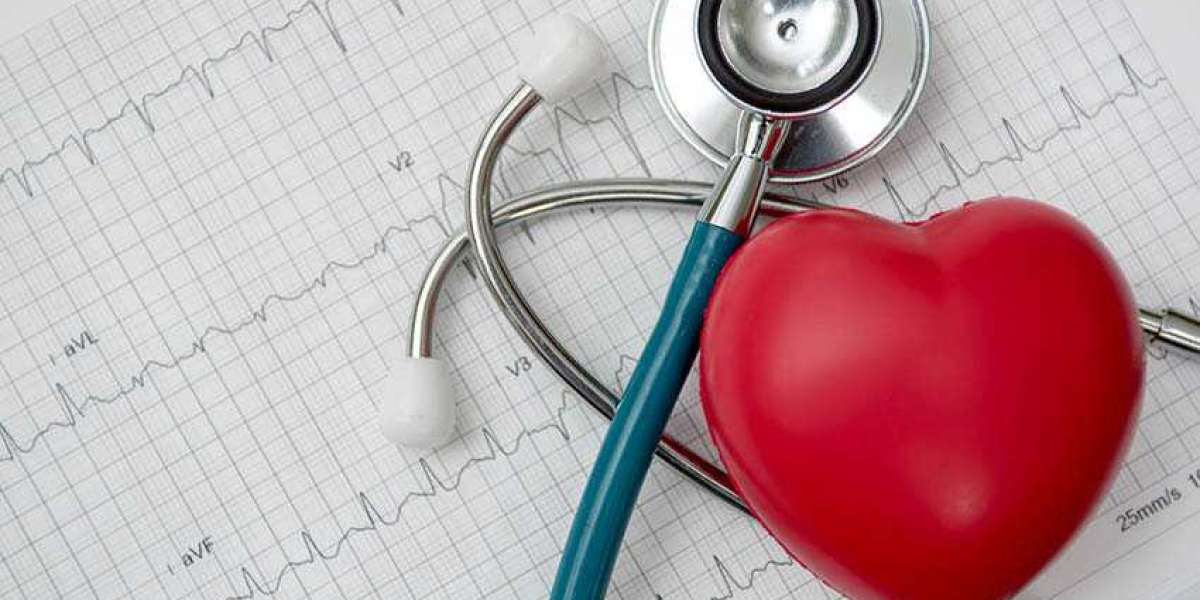Introduction:
Heart disease is the leading cause of death globally, and one of the most effective ways to prevent it is by monitoring your heart health regularly. Cardiac blood tests are a critical tool for diagnosing and managing heart conditions. They can help detect risk factors, identify underlying health conditions, and monitor treatment progress. In this blog, we will discuss some of the most common types of cardiac blood tests and their significance in maintaining heart health.
Lipid Profile Test: The lipid profile test measures the amount of cholesterol and other fats (lipids) in your blood. High levels of lipids in the blood can lead to the formation of plaque in the arteries, which can increase the risk of heart disease. This test is usually done after fasting for 9-12 hours, and it is recommended to have it done every five years if you are over 20 years of age.
High-Sensitivity C-Reactive Protein Test: The high-sensitivity C-reactive protein hs-CRP test measures the amount of C-reactive protein in your blood, which is produced by the liver in response to inflammation in the body. High levels of hs-CRP can indicate an increased risk of heart disease, stroke, and other health conditions. This test is done without fasting, and it is recommended for individuals who have a family history of heart disease, high blood pressure, or diabetes.
Natriuretic Peptide Test: The natriuretic peptide (NP) test measures the level of certain hormones produced by the heart when it is under stress. The test can help diagnose heart failure, a condition in which the heart is not pumping enough blood to meet the body's needs. This test is done without fasting, and it is recommended for individuals who have symptoms of heart failure, such as shortness of breath, fatigue, or swelling in the legs.
Cardiac Enzyme Test: The cardiac enzyme test measures the levels of enzymes that are released into the blood when the heart is damaged. This test is usually done during a heart attack or other heart-related emergencies to help diagnose the condition. The test may also be used to monitor the progress of treatment for heart disease.
Conclusion: Cardiac blood tests are an essential tool for maintaining heart health. By monitoring your heart health regularly and detecting any abnormalities early, you can take steps to prevent heart disease and manage existing conditions. It is recommended to consult with your healthcare provider about which cardiac blood tests are right for you and how often you should have them done. Remember, prevention is always better than cure when it comes to heart health.





